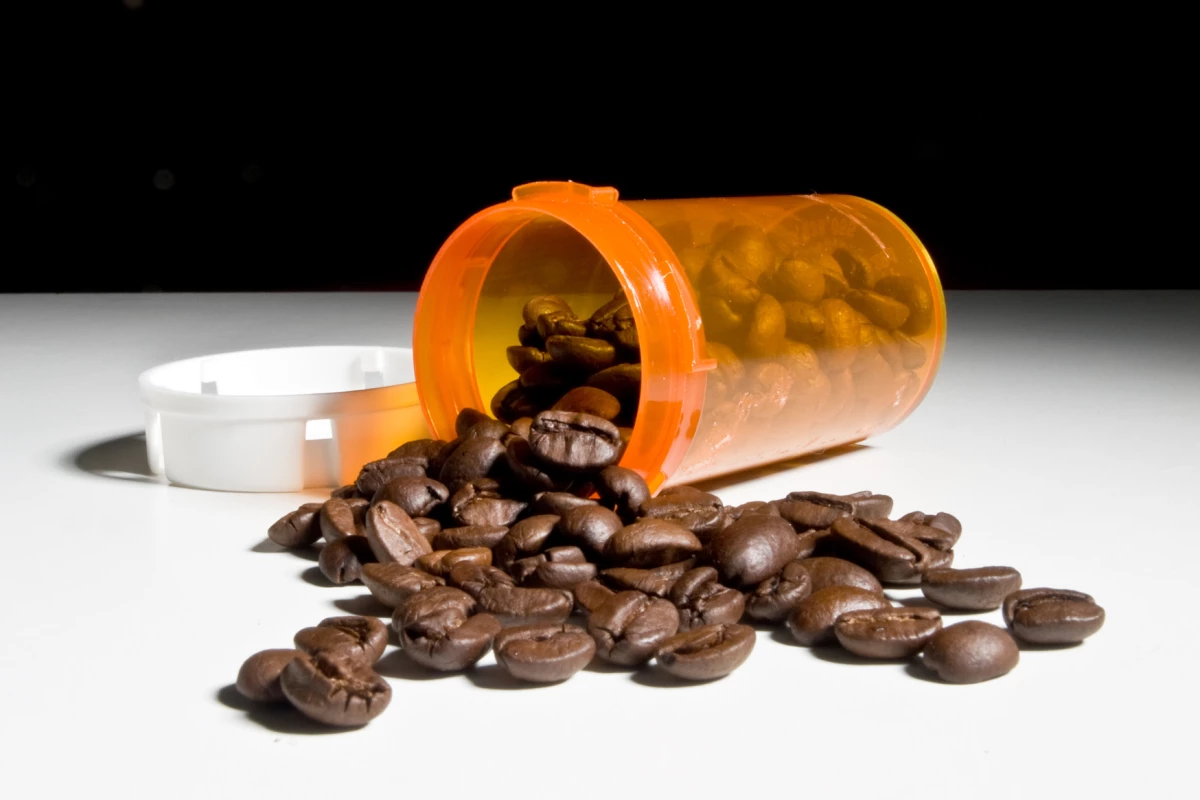Anecdotally, caffeine has long been considered an effective appetite-suppressant, and it has been shown to effectively speed up the body’s fat metabolism processes. Now, new research from the University of Illinois has homed in on another fascinating mechanism that may explain caffeine’s anti-obesity properties.
The research initially focused on mate tea, a popular South American beverage. Mate is a popular stimulant in Latin American countries, and although it contains less caffeine than a standard cup of coffee, it is a stronger stimulant than tea. As mate contains a number of novel biologically active phytochemicals other than caffeine, the primary goal of the study was to determine whether the anti-obesity effects of mate were related specifically to caffeine, or were the result of the other components found in the drink.
A number of animal tests were undertaken, feeding rats a high-fat/high-sugar diet alongside caffeine supplements in the form of either mate tea, coffee or a synthetic source. The primary result found the rats that consumed any of the forms of caffeine gained less weight overall compared to rats eating the same unhealthy diet but consuming decaffeinated mate tea.
It was relatively clear caffeine seemed to be the key anti-obesity agent in mate. Zooming in on the exact mechanism at play the researchers conducted a number of cell culture studies to investigate how caffeine influenced adipose cells. It was found that caffeine lowered the accumulation of lipids in adipose cells by between 20 and 41 percent, regardless of its source.
Even more importantly, the researchers found caffeine down-regulated the expression of several genes involved in lipid metabolism, in both fat tissue and liver tissue. Three genes identified in the study were linked to production of low-density lipoprotein cholesterol in the liver.
“The consumption of caffeine from mate or from other sources alleviated the negative impact of a high-fat, high-sucrose diet on body composition due to the modulation of certain lipogenic enzymes in both adipose tissue and the liver,” says co-author on the new study Elvira Gonzalez de Mejia. “The decreased expression of Fasn and Lpl brought about lower synthesis and accumulation of triglycerides in the adipose tissue.”
What all this essentially suggests is that caffeine can be considered a compelling anti-obesity agent, however, research in humans has so far been mixed in regards to the efficacy of deploying caffeine as a dietary strategy. A study last year threw doubt on the common idea of caffeine as an effective weight-loss agent, suggesting any acute appetite suppression generated by the drug was offset by increased caloric intake at other points in the day.
Although it is certainly not clear caffeine effectively functions as an anti-obesity agent in real-world human situations, the researchers behind this new study are confident their findings at least affirm the drug’s mechanistic potential.
“The results of this research could be scaled to humans to understand the roles of mate tea and caffeine as potential strategies to prevent overweight and obesity, as well as the subsequent metabolic disorders associated with these conditions,” says de Mejia.
The new research was published in The Journal of Functional Foods.
Source: University of Illinois




